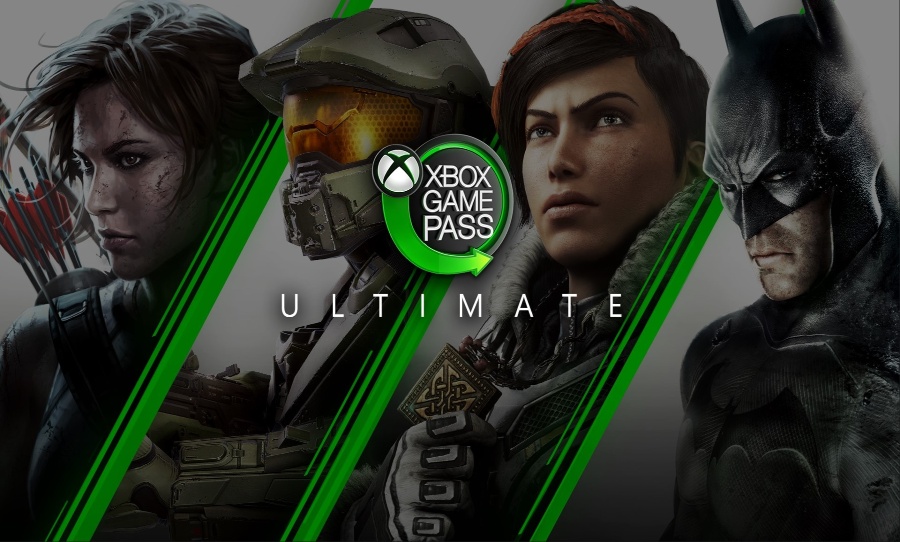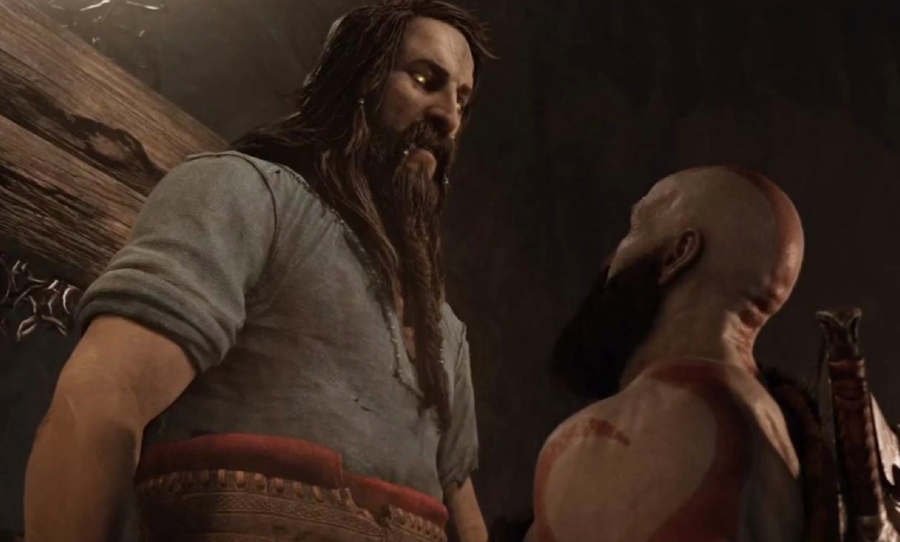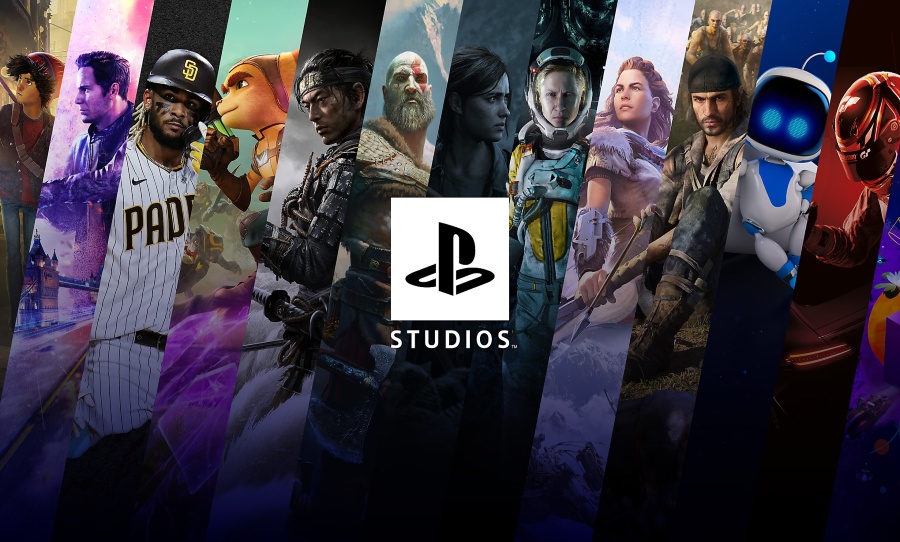Sony’s PS Plus subscription service differs from the Xbox Game Pass in many important ways. However, the most significant difference is it’s been built to last, not as a promotional push.
PS Plus is Sony’s attempt to compete with Microsoft’s highly successful video game subscription service, Xbox Game Pass. Game Pass changed the landscape of the gaming industry when it launched by giving gamers access to a library of games for a flat rate (paid monthly or yearly).
And as it turns out, gamers are open to the Netflix model. Not wanting to miss a trick, Sony has re-launched PS Plus, previously their online gaming service, to compete. That said, there are a few key differences.

PlayStation Studios games won’t debut on PS Plus
One of the biggest draws of Game Pass is that it theoretically stops you from having to purchase costly new release video games. Microsoft is currently committed to launching their first-party games on Game Pass on day one, which could save you a lot of money (if you actually want to play those games).
The relevant issue here is that historically Sony has had the edge over Microsoft in terms of first-party titles. Series like God of War, Horizon Forbidden West and The Last of Us are proof of this. It would be superior if PS Plus were to mimic the Game Pass model.
Microsoft has expanded their studio roster enormously over the last few years (Bethesda, Activision Blizzard, inXile) in an attempt to compete, and it looks to have worked somewhat. However, this progress really equates to levelling the field.
This story gets interesting because Sony isn’t willing to copy Microsoft with PS Plus. PlayStation CEO Jim explained:
“…putting our own games into this service, or any of our services, upon their release… as you well know, this is not a road that we’ve gone down in the past. And it’s not a road that we’re going to go down with this new service.
We feel if we were to do that with the games that we make at PlayStation Studios, that virtuous cycle will be broken. The level of investment that we need to make in our studios would not be possible, and we think the knock-on effect on the quality of the games that we make would not be something that gamers want.”
All-new PlayStation Plus launches in June with three flexible membership options.
First details: https://t.co/2KXcEp7XWs pic.twitter.com/jAU9Do3CfE
— PlayStation (@PlayStation) March 29, 2022
Why Game Pass won’t last
When Microsoft launched Game Pass, they wanted to change their business paradigm, as well as the spending landscape of the gaming industry. It’s worked to the point that Sony feels threatened enough to launch PS Plus.
However, as stated by Jim Ryan, they won’t be putting their first-party games on PS Plus because it doesn’t make financial sense. Microsoft’s Xbox Game Pass also doesn’t make financial sense – they’ve just been willing to haemorrhage money in the short term to stick it to their competition.
This won’t last forever though. Business is business, and it’s about making money. Once Microsoft has established itself in this space, it will change its model again.

Netflix and Uber both ran themselves at a loss for years. Once they were established and trusted brands though, they made cuts to improve profitability. In the context of Microsoft Game Pass, this would mean increasing the subscription fee or removing day one releases. And this is going to happen eventually.
PS Plus on the other hand, appears to have been designed to be profitable from the start. Sony isn’t trying to reel you in with a deal that’s too good to be true and then pull the rug out from underneath you. They are offering a service that’s potentially a good option for many gamers and selling it as such.
While less exciting and sexy than Game Pass’s promotional push, that honesty shouldn’t be discounted. It’s become a rarity in the video game industry.



